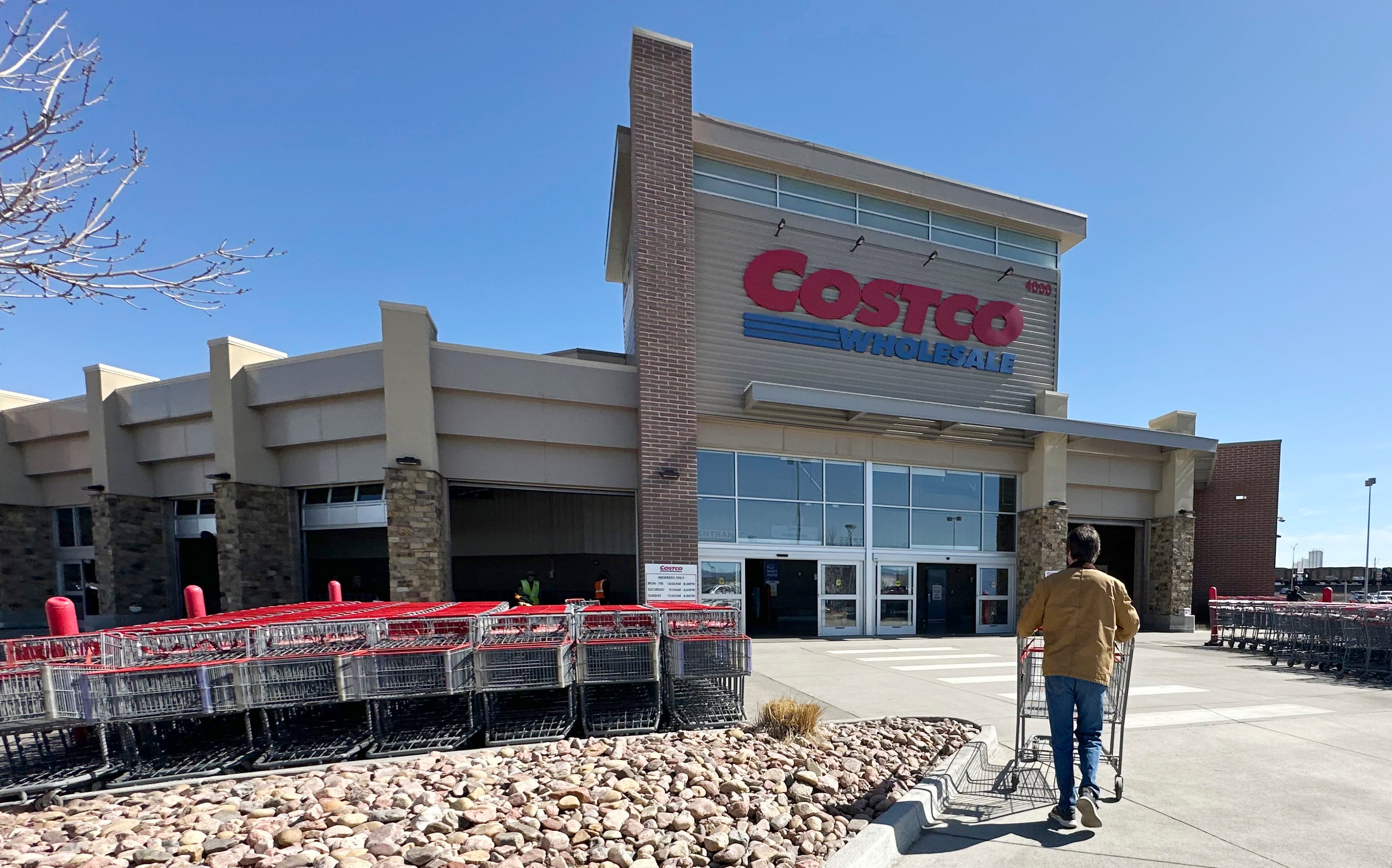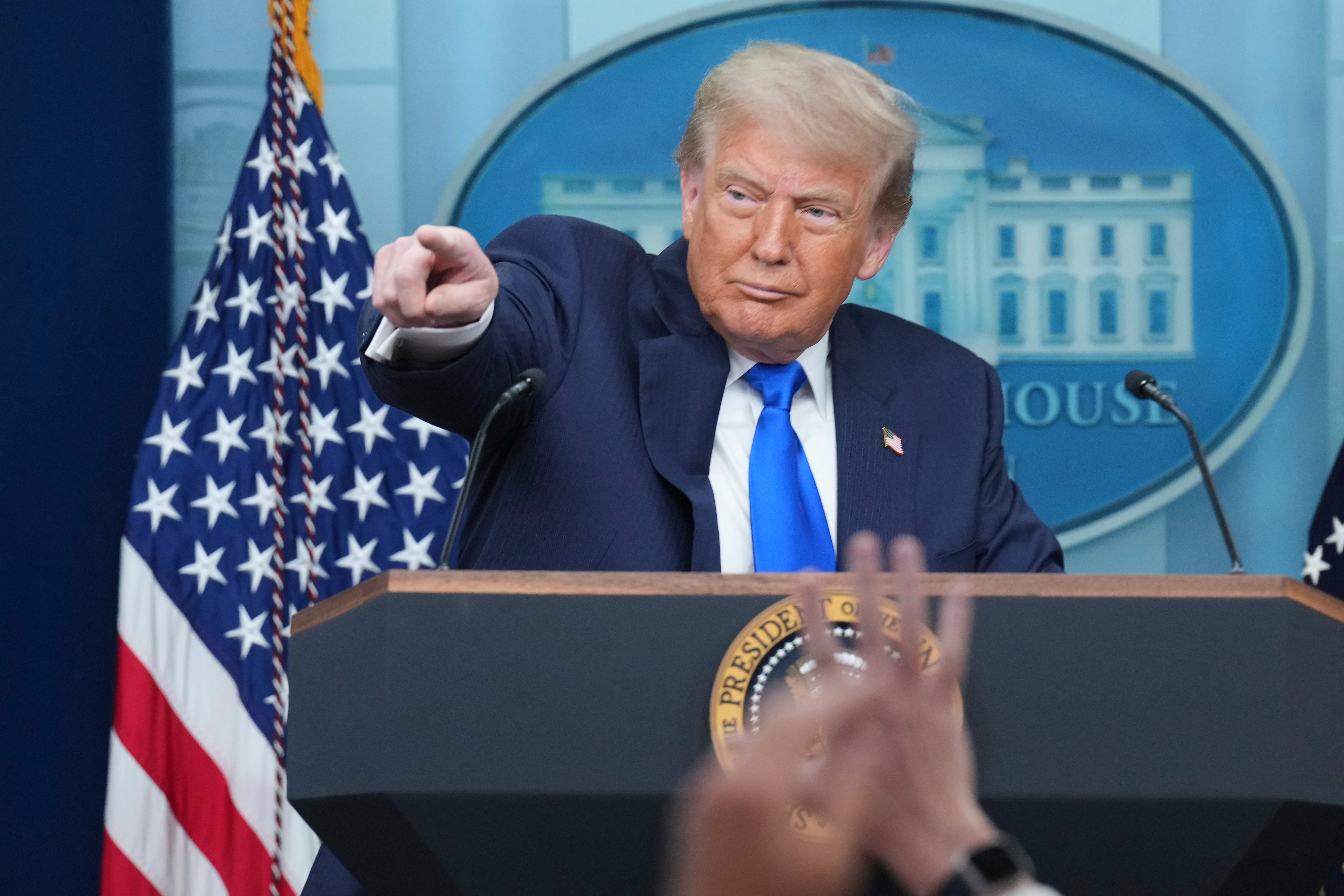House Democrats handed the president one of his biggest legislative victories, unveiling an updated North American trade deal just an hour after announcing two articles of impeachment against the president.
Democrats and the White House finalized a deal after a year of going back and forth to create a replacement for the North American Free Trade Agreement (NAFTA). The new legislation strengthens worker protections and includes provisions on the environment, big pharma, and enforcement. The United States-Mexico-Canada Agreement (USMCA) was signed more than a year ago and now the changes will be voted on in the House and the Senate. The revisions then need the signature of the U.S. president and the expected approval from Mexico and Canada.
"This is a day we've all been working to, and working for, on the path to yes," House Speaker Nancy Pelosi said.
"We were in range for a while but until we could cross a certain threshold of enforcement for our workers' rights, for the environment, and for the prescription drug issue, as you know, they were three of the areas that we had put out there," Pelosi explained.
She said the new trade agreement is "much better" than NAFTA and "infinitely better than what was initially proposed by the administration."
House Ways and Means Committee Chairman Richard Neal (D-Mass. 1st District) said it is rare to participate in a "never happen moment and we are witnessing that today." Neal led talks with the administration and said the new deal was a "triumph" for U.S. workers. Democrats negotiated policy changes particularly on prescription drug pricing, protection for workers, and the environment.
The President weighed in on Twitter and said: "America's great USMCA Trade Bill is looking good."
To applause, Rep. Jan Schakowsky (D-Ill. 9th District) said the "new and improved" deal "prevents big pharma from raising the price of prescription drugs across the United States, Mexico, and Canada… we eliminated provisions that undermine Congress' ability to change domestic policy that lead to high drug prices."












